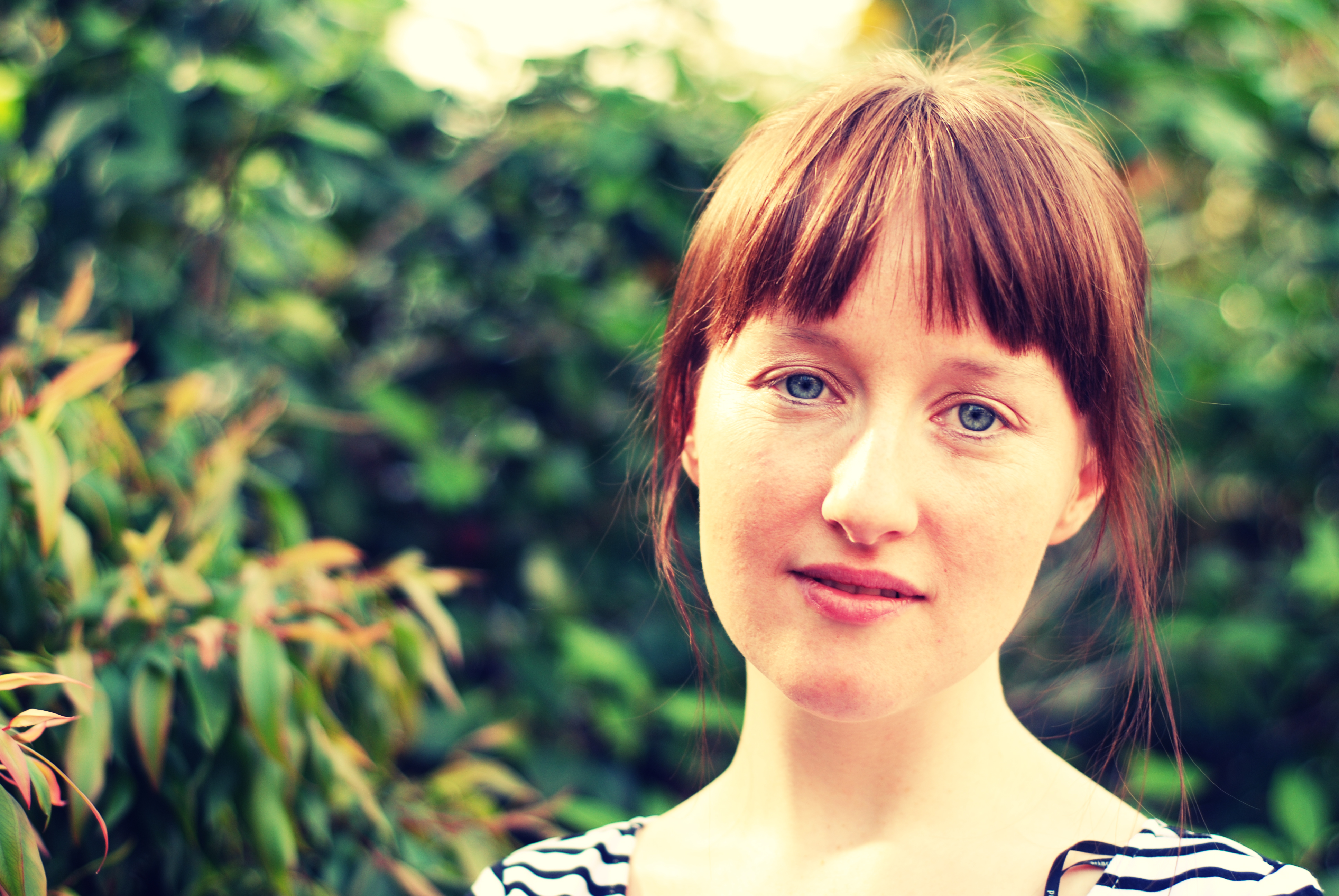
Lynda Radley is a playwright and dramaturg from Cork. Her play, The Interference, won a Fringe First and was short-listed for The Amnesty International Freedom of Expression award. Other plays include Happier or Better?, DORM, Berlin Love Tour, Futureproof, The Art of Swimming, Birds and Other Things I am Afraid Of, Soap!, The Heights and Integrity. Lynda won a Fringe First for her play Futureproof; a co-production between Dundee Rep Ensemble and the Traverse Theatre, Edinburgh. Her solo show The Art of Swimming was shortlisted for Meyer Whitworth and Total Theatre awards, and toured internationally. She is developing work with Edinburgh's Lyceum Theatre, The Everyman Palace in Cork, Magnetic North and Red Bridge Arts. Her radio play Our Sentence will be broadcast by BBC radio Scotland this month.
lyndaradley.com
team-artists.co.uk
@team_artists
What did you do with your Project award?
I used the award to write and develop a play called Notorious Strumpets and Dangerous Girls. It tells the story of a group of women — from Ireland, Scotland, England and Barba — who are transported to Van Diemen’s Land as convicts in the late 1830s. My mission has been to see if and how these women might have agency over their lives, despite the many ways in which they are penned in. Who will survive, who will thrive and what will it cost them? I’m also interested in what they think about the place they end up: early Tasmania after the attempt to eradicate Aboriginal life there. How do they acknowledge or ignore that? And of course the whole thing is about Empire, colonisation, forced migration, the shaming of women, and the impact on subsequent generations. But most of all it is about extraordinary, ordinary survival.
What was the biggest challenge you faced when working on your project?
It’s huge! This is an epic play with a large cast of characters and I couldn’t have taken it on without support. The research was immense and is never-ending, as there’s always something to learn. I love that, but can get lost in. The award really helped in getting it over the line, and focussed me to finish drafts because actors were coming in to read the parts in script development. It’s a task to hold onto all the characters and a sense of the whole, but working with dramaturg/director Tom Creed, and amazing actors has been massively helpful in hearing what works, what doesn’t, what’s clear and what’s not.
What has receiving a Project award meant to you as an artist/for your career?
It’s been beneficial to test and play with the material in a collaborative way, to have notes and a sounding board throughout the process. It’s also been wonderful to have the support of The Everyman Palace throughout, and to be able to invite respected peers and potential producers along to hear the work. Through this I’ve gained the support of The Lyceum Theatre in Edinburgh and am hopeful that a production, with international elements, will come together soon. It’s an amazing opportunity.
How would you describe your creative process?
It’s different for every project, but I usually start by building a world. And there will be a problem or a niggle that I want to somehow express. This play’s work was about finding and developing the women who drive the story forward; building them inspired by my readings of original sources and histories of female convicts. I found female written songs for each of them, which was a new thing for me. But it really worked, and when I’d get stuck I’d listen to their song. I don’t find writing easy. But I try to find ways of being away from distraction, and sometimes that means taking off for a few days at a time, when I can.
What is the best piece of advice you received as an emerging artist?
The work is to keep going.
What or who has influenced your practice the most?
I love audiences. I think the whole point of it, for me, is to feel less alone by getting into that place where we all feel less alone together. So I try to think about the audience as much as possible, and I get a massive amount from hearing from people who have in some way been moved by my work. Other than that I’d say the women in my family. There are so many stories there. My grandmothers and great aunts were all brilliant storytellers, and great lovers of talking about the past. That’s probably where I get it from.